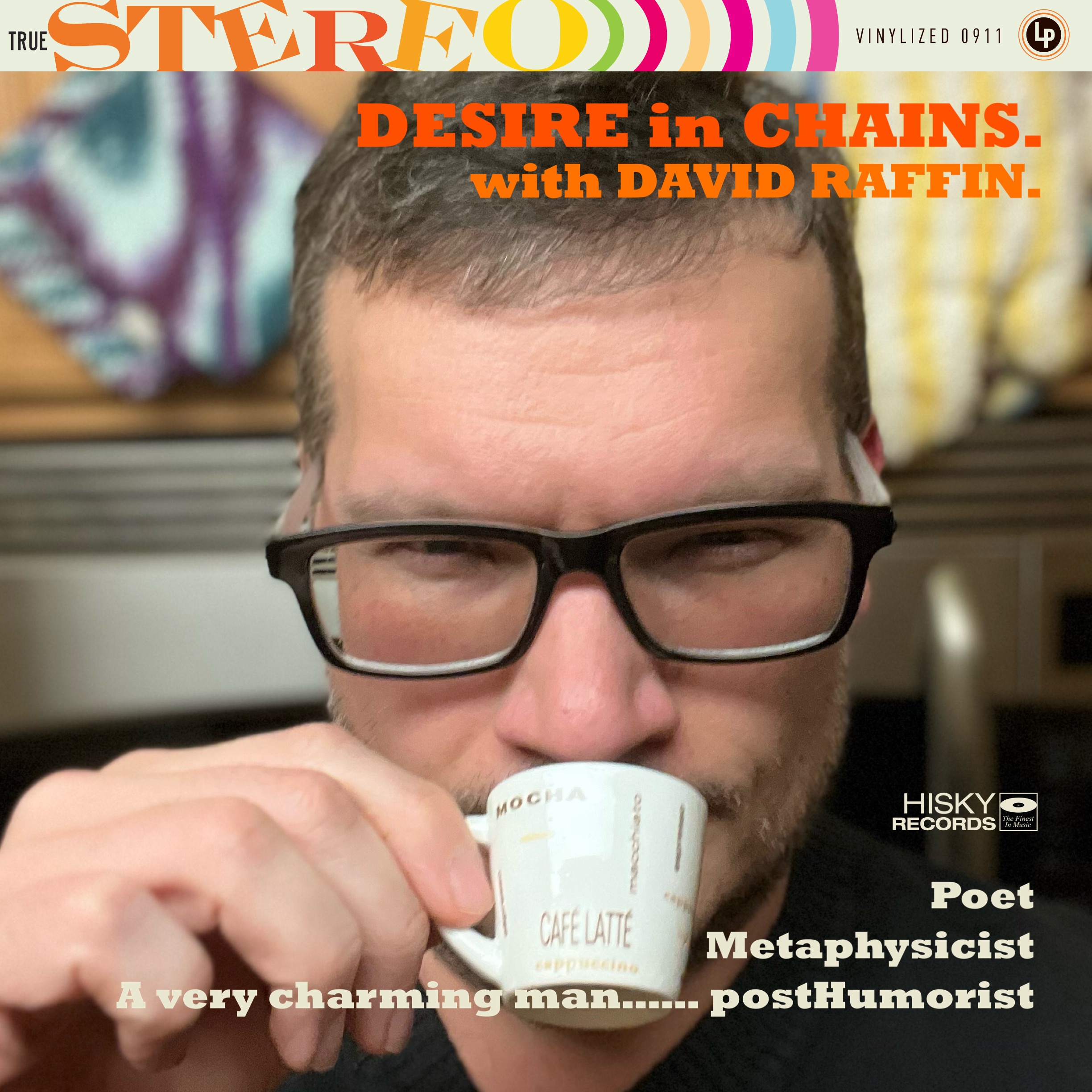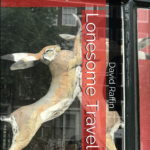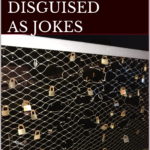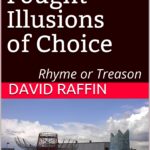6/4/89 is the Anniversary of the Tiananmen Square Massacre. As this is being posted the whole of the USA is engulfed in violence as police have been called out and they have acted to brutally suppress peaceful protests against endemic police violence.
They just piss away their revolutionary history. Blank stares. Red Haikou. Hope of the world. Revolutionaries came from all over the world to the bustling streets. But if you ask about it today they look at you with blank eyes. They don’t understand it anymore. Their own history. Gone. In the wind.
Or it’s become so garbled as a memory it is now meaningless. “Foreign advisers on matters industrial.”

I came here only because they are evacuating foreigners from Beijing. It was by chance I was where I was, in a hotel across from Tiananmen Square, with the window looking straight down. A western journalist specializing in the history and economics of the communist systems. My name is Harrison E. Salisbury.
When I left for China, I said that the People’s Army was different than any other in the world. They were of the people. And would not strike out at the people. But I later learned that the army had been forbidden to read or listen to news broadcasts from months before. For pain of court-martial. I said they would not but they did. I saw it from the window. I heard the shots, repeating. Excessive. Terror shooting. They will obey orders to kill their own children. Gun them down in the street. Roll tanks over them. Officially they’re saying a few soldiers have been hurt. Some equipment damaged.
An announcer on the radio shouted thousands had died and was then immediately yanked off the air.
They refer to the students as “bandits,” what Chiang Kaishek used to call Mao’s forces. But what is there to steal in the public square? What is there that is not open to all? A common treasury. Fought over.
The students were supporters, like the sailors of Kronstadt, of a democratic communism. The Square encampments were festooned with red flags waving in the breeze.
But they are gone now. I saw the last I shall ever see, walk dignified toward some men in fine attire, speak to them in a dignified manner to no response, as if he were invisible, and then he turned and walked away with his head high. I do not know what became of him. He slid between cars and was gone in the heat.
I talked to some locals. They saw the military coming, guns, tanks. They shouted at them not to go to the Square. Not to harm their own people. These were the residents, out in the night, smoking, talking. Bullets rain down on them. The Emergency services came quickly to get the wounded. They did not have room for the dead. They had been told to give no aid, to let the protesters die, but they came anyway. But they had no room for the dead. And the Hospitals were overflowing. The dead must care for their own.
The students had held a vote the night before, to stay or go. A minority voted to stay. So everyone stayed. Many were weak from hunger, and it is easy to imagine they did not move as the tanks came in the night, bodies wrapped in sleeping bags, they knew death was coming. Defeat. They were on a train with no more stops, on a crash-course with no possible exit. Their only hope is that their remembrance will one day…
There can be no peaceful transition. Of Power.
They just used bullets to prove they were nothing to be laughed at. In desperation.
In the morning a man danced in the street, one-on-one, his partner cold as steel. He led the tank, back-and-forth. A dance on the street with heavy arms. Confusion. He climbed onto his dance partner. To have a conversation. To whisper in an ear receptive. He left. I do not know what happened to him. He looked like anyone. Out of place. Like he did not belong here. And then he left.
Quickly news spread like a wildFire. Here is how:
In the end, no hope, runners split up in all directions. They walked far away. They went to places where they were not known. Better to not be traced. They appeared in front of strangers. Mysterious. They told their story. Like ghosts. To be believed or not. Then they disappeared. Repeat. In this way sparks branch out across the countryside, starting many brushFires, left wild to burn, unstoppable. It is as Mao wrote in his Little Red Book.
This was explained to me by a woman I met in a province who told me of the student’s gambit. A tactical move meant to keep their idea going as long as it was required, until they would raise the struggle from the ashes.
🔥
“That was a long time ago,” says the attendant.
“It depends on how you measure time,” says the Griot. “I take a long view, myself.”
“How long did this go on, these sparks?”
“Comrade! It is still happening now. Have you not heard? Have you not heard?”

















 RSS - Posts
RSS - Posts